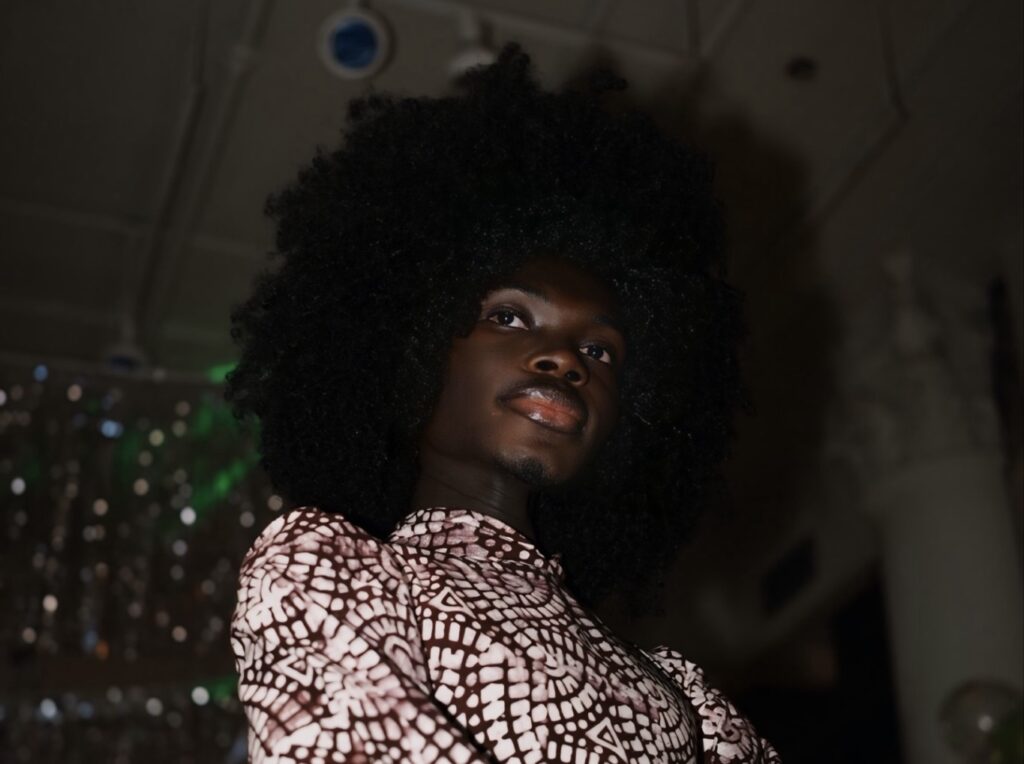
Xorlali Plange: From Ghana to Manhattan, A Journey of Culture, Creativity, and Passion
Meet Xorlali, a visionary fashion and costume designer whose journey is as compelling as the creations he brings to life. Growing up in Ghana, Xorlali discovered his passion early by deconstructing childhood outfits to experiment with new designs. What started as playful curiosity blossomed into a purposeful career rooted in his rich cultural heritage and a desire to tell powerful stories through clothing.
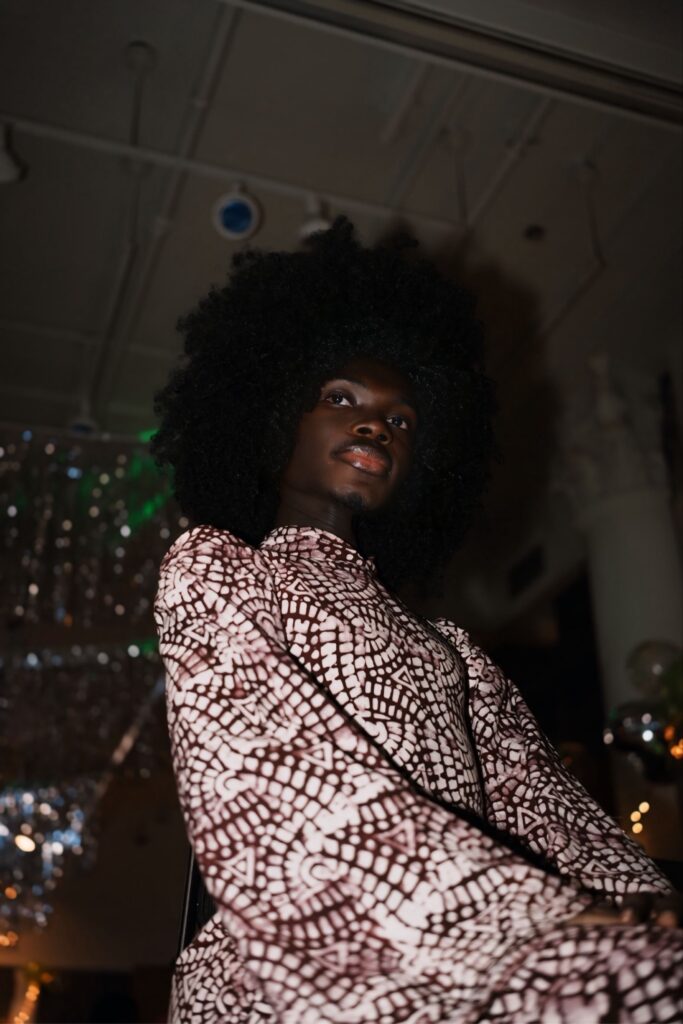
Eastern Child: So tell me a bit about yourself, Xorlali.
Xorlali: I am Xorlali Plange. I’m in my final year of a terminal MFA degree at Tisch School of the Arts, New York University. I live in Manhattan. I am a fashion and costume designer with 30 production credits. I am designing Madhuri Shekar’s Queen, which will open at the African Grove Theater.
I’m also exploring the anthropology of African dress, writing and rewriting the history of some West African clothing items and materials, and examining a few regions and the diaspora. My recent work was Flying West: Black Women of 1898 Nicodemus, Kansas. That work just ended, and my next one would be an adaptation of Rodgers and Hammerstein’s Cinderella. My work uses clothing, artifacts, and adornments to tell women’s History.
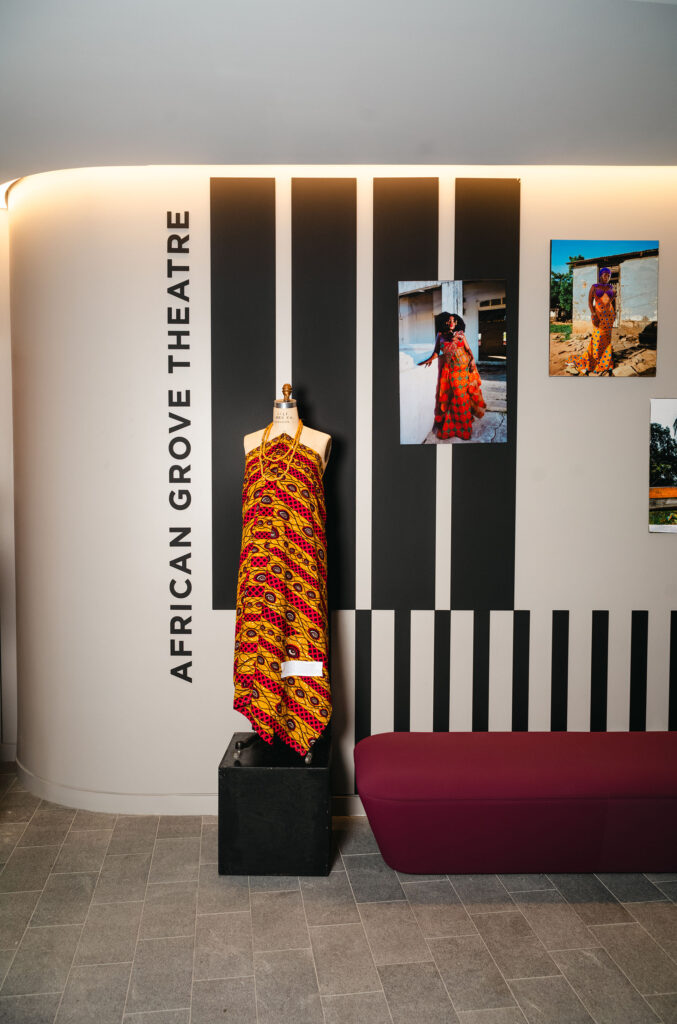
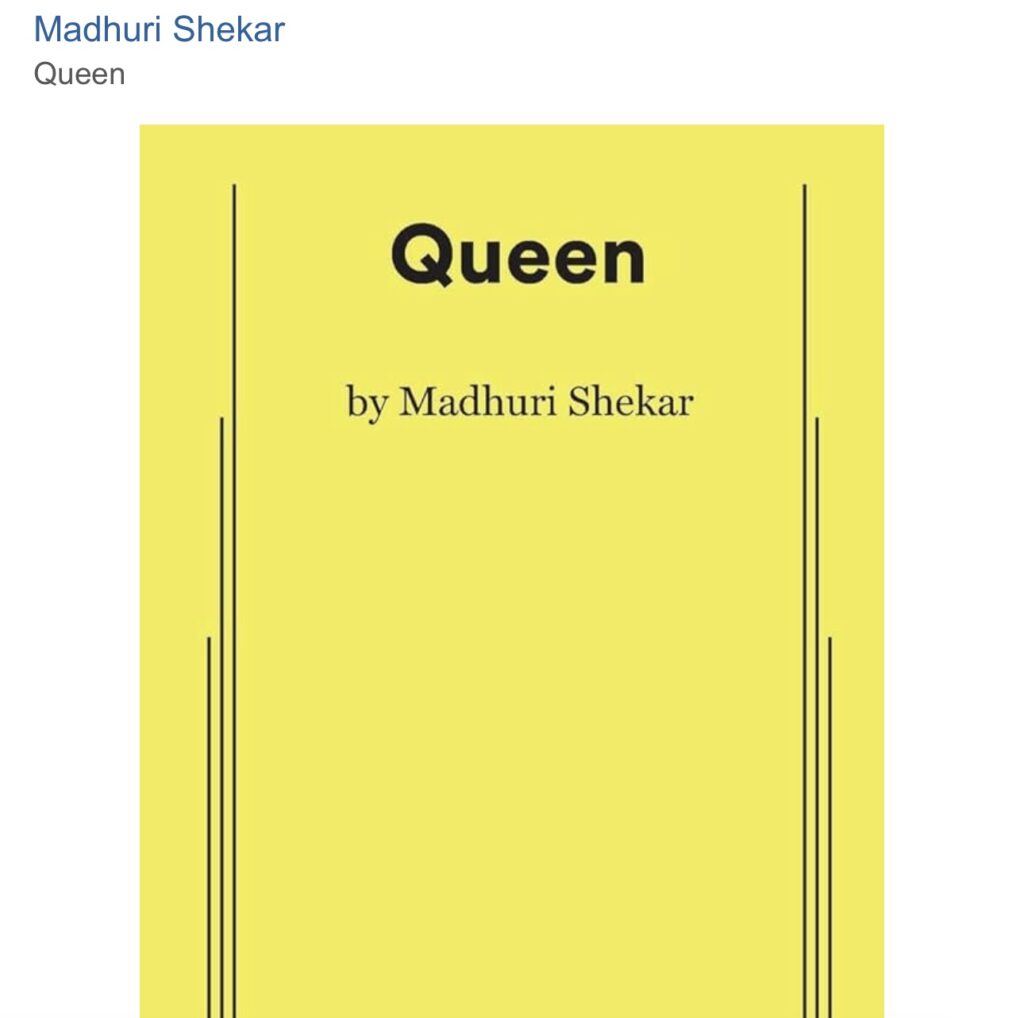
EasternChild: That’s incredible! So, when did your love for fashion begin? And beyond just creating, it seems like you’ve intertwined history and storytelling into your work. How did this journey start for you?
Xorlali: That’s a question I will be answering my entire life!
My love for fashion began when I was younger. My mother used to get me two tailored church outfits a month, but I didn’t like repeating clothes. At some point, I started deconstructing the things she bought for me, ripping them apart, studying them, and using them as patterns to create new clothes. It wasn’t about becoming a fashion designer; it was just childhood curiosity and maybe rebellion. I’d also use my allowance to buy fabric or, sometimes, take one of her skirts, deconstruct it, and use my old clothes as patterns to make something new. Back then, I sewed everything by hand, using just a needle and thread. Every church outfit I wore was handmade, mostly so I wouldn’t have to repeat outfits.
Later, after high school, I transitioned to designing more seriously. At first, I thought I’d teach, so I approached a school for a job. They offered me a year-long contract, which didn’t align with my plans to go to university. On my way home one day, I bought a drink from a shop near a seamstress’s workshop. Watching her work inspired me, and I decided to learn how to sew properly.
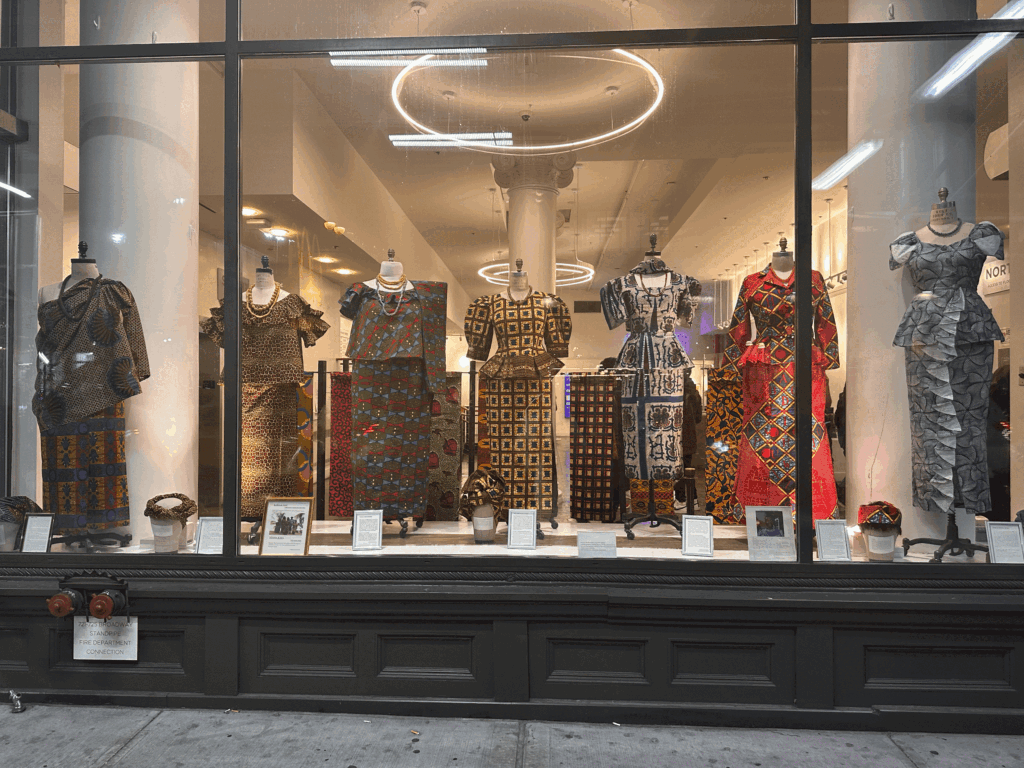
The seamstress hesitated; she thought I was too intelligent to “waste my life” making clothes. Attending Pope John’s High School meant having a dream of law for most people. My mother eventually agreed, but only after I promised to continue my education and not become a tailor. That promise shaped my journey.
When I got to university, I majored in Theatre Arts, mainly because I felt I would be in class with future celebrities who would then patronize my clothes for red carpet events. Then, in my first year, I discovered costume design. I didn’t even know what costume design fully entailed at the time. I just thought it would allow me to merge my love for fashion with theater. I learned it and started working because there weren’t many of us then.
https://www.instagram.com/reel/C0TaelsOhqm/?igsh=YnNlZDUzejUzMWpk
EasternChild: You’ve touched on how your journey in fashion began. What about the business side of things? How did that evolve?
Xorlali: My business officially started during my first year at university. I was wearing a jacket, and one of my professors complimented it. She asked where I got it, and I said, “A cousin gave it to me, but I can make one for you.” She was surprised and immediately asked me to make something for her.

I remember charging her 30 cedis, but she ended up paying me 60 because she loved the result. From there, she recommended me to other professors and lecturers. Soon, I wasn’t making clothes for students, only the academic staff.
By my second year, I had saved enough to invest in my craft more seriously. I started working tirelessly, making clothes day and night. Eventually, I expanded into a small space near the campus canteen. My business took off, and I started earning a significant income.
EasternChild: Amazing! With all the recognition and growth, how do you stay true to your identity as a designer?
Xorlali: I always identify as a dressmaker first. I am good with the eyes, scissors, and behind the machine. My business is very feminist and body-positive. Most of my clients are plus-sized, so I design with them in mind.
Sustainability might not be directly at the forefront of my work because my brand has evolved into an acquired luxury. Luxury, by nature, isn’t entirely sustainable; it sometimes has some wastefulness. However, these pieces are designed as treasures; they break the wastefulness of fast fashion. Which means they’re timeless. You do not want many of those. You want a few that last. They can not become rags and end up in the environment, and you keep them as treasures. This, I believe, contributes to sustainability.
I call myself a skilled maker, even a storyteller. My MFA has expanded my approach, allowing me to weave history and culture into my work. In 2022, I stopped making clothes for men and Sunday bests to focus solely on women’s wear, especially bridal and family pieces.
EasternChild: That’s an interesting transition. Would you describe yourself as an activist?
Xorlali: No, I wouldn’t call myself an activist. I’m vocal about my opinions but don’t advocate for others. My experiences come from a place of privilege, and I recognize that my journey doesn’t reflect the struggles of many others like me.
What I do is leverage my privileges to create opportunities for effeminate queer boys like myself to succeed. Whether it’s in academics, careers, or talents, I want to support them. This support is particular, and there are no extensions.

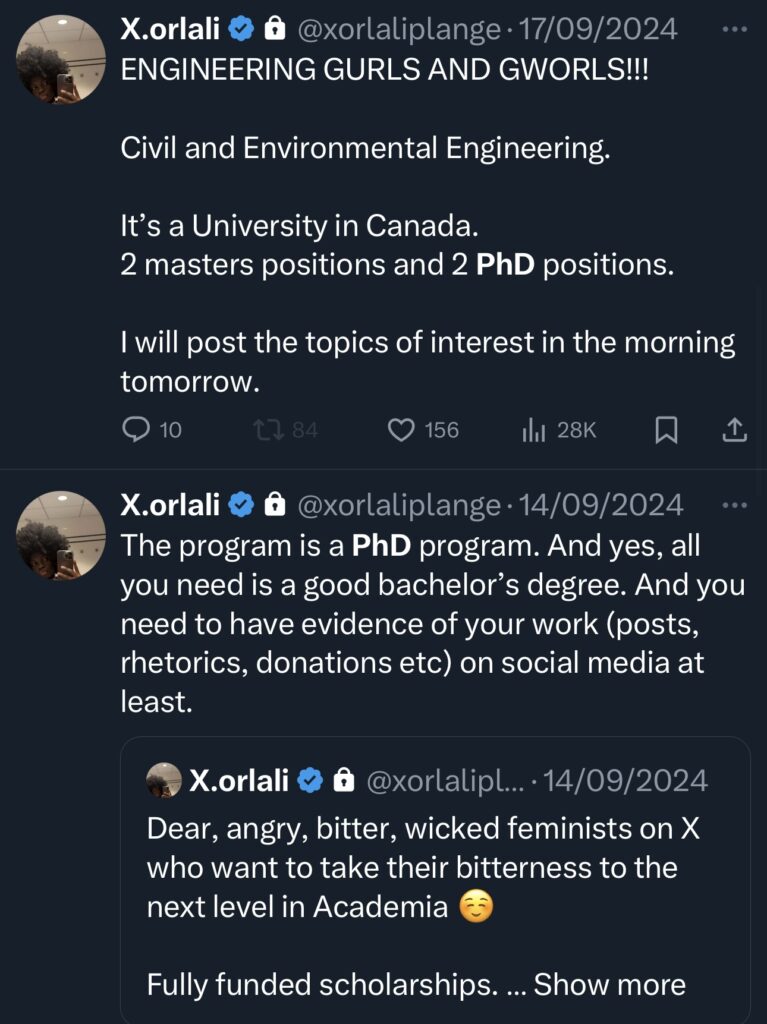
EasternChild: You’ve also been hosting sessions about scholarships and education. Is that a passion project?
Xorlali: Absolutely! It’s a passion project born from my desire to channel negativity into something productive. You piss me off, I create a new business.
When they say my identity is not in line with African Culture, I create an avenue and call it African material culture and anthropology of African dress, then I ‘gatekeep’ that knowledge and turn it into a lucrative career. When they call me ugly, I turn myself in as a model for the anatomy class and sell it! I thrive on negativity.

The scholarship sessions I organise are also my way of building a community of like-minded people. It’s also part of my plan to distance myself from those outside my community by 2025.
EasternChild: Any final words of encouragement?
Xorlali: I don’t inspire others. My mantra is simple: talent isn’t enough. Skills are essential. Go to school, learn the craft, and immerse yourself in intellectual communities.
My journey became unique because I combined fashion with theater arts then brought an African perspective to the global stage. Now, strive to stand out. Always be special.